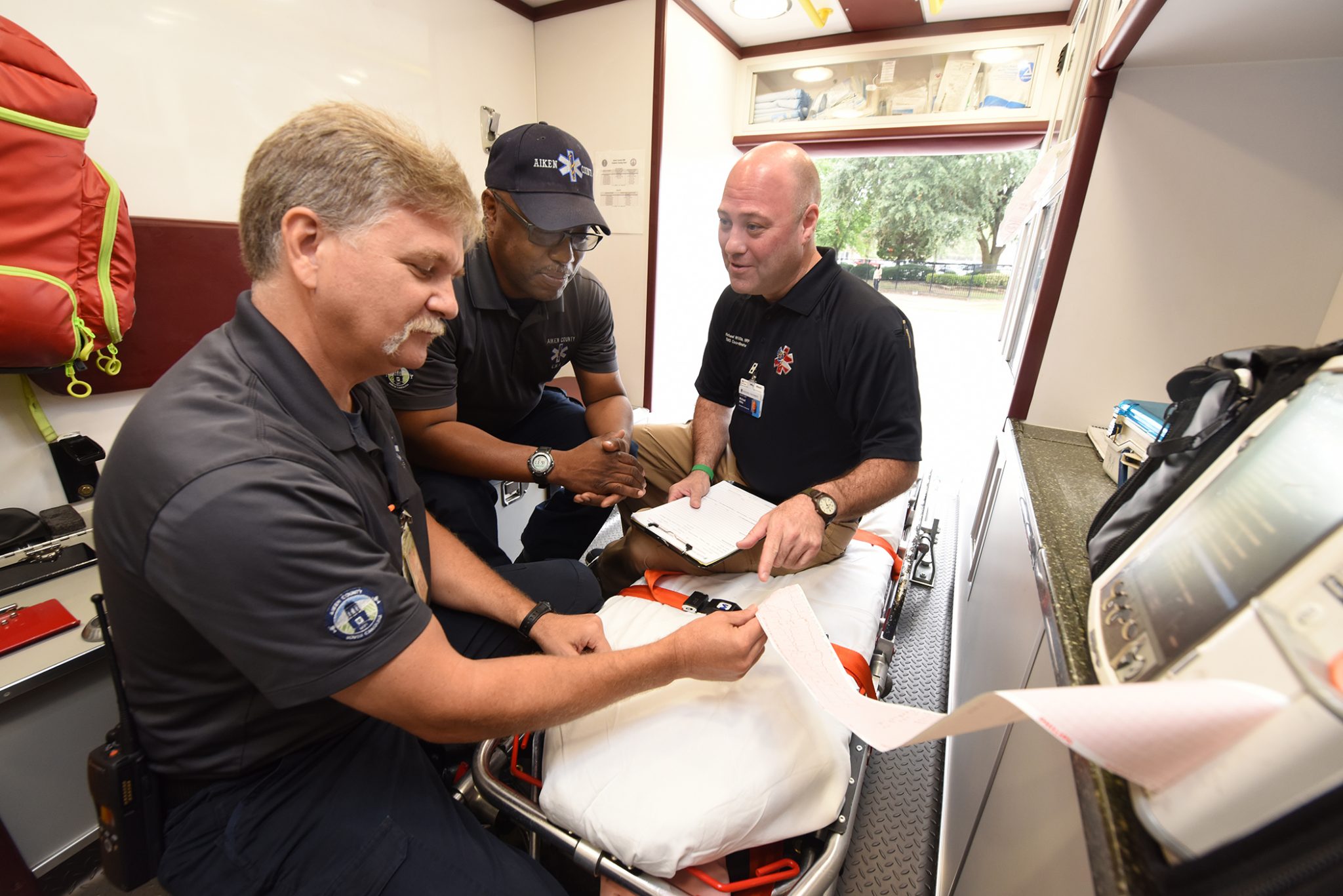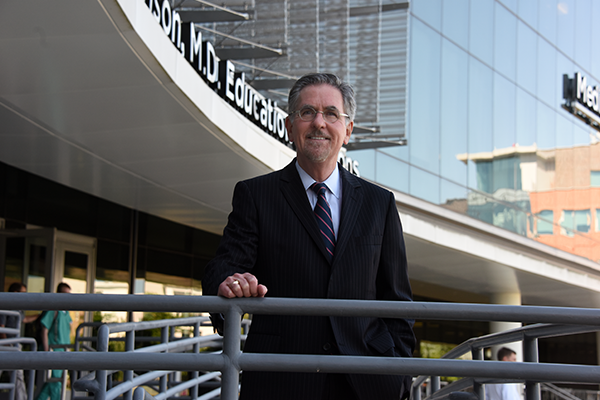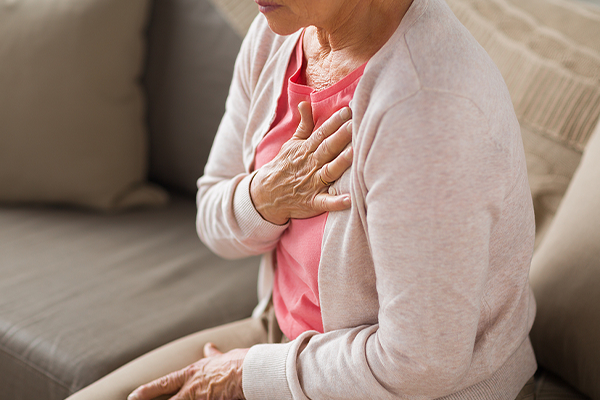A patient’s chance of surviving a heart attack dramatically increases if the patient or a bystander calls 911 and uses emergency medical services (EMS). That’s why Augusta University Health invests not only in early heart attack care but also in ensuring an efficient critical care process — and it starts with EMS.
This process, managed by Michael Willis, EMS coordinator at Augusta University Health, includes timely feedback to EMS, and between EMS and critical care areas.
“My main focus is to provide EMS with the information that they need so we can work together to strengthen and improve the care our patients receive and their outcomes,” Willis said. “If EMS gets an early electrocardiogram reading, then we can activate critical resources faster. This partnership increases the chance of recovery dramatically.”
Until Augusta University Health created the EMS coordinator role, each individual hospital department designated a staff member who took on the responsibility of reporting back to EMS. The benefits of centralizing this process into one role include better and increased communication and training to the field, faster communication between the EMS and the hospital regarding the incoming heart attack patient and, ultimately, a dramatic increase of chance of survival for Augusta University Health patients.
Benefits of calling 911
- EMS providers are licensed and trained to assess, recognize and treat chest pain. They provide care to the patient on the way to the hospital and can administer medications orally and intravenously.
- After the EKGs go from the EMS to the emergency department, the emergency department physician can activate the catheterization lab before the patient gets there.
- There is less time between a heart attack patient’s arrival at the hospital and the time he or she receives care
(“door-to-balloon time”).





